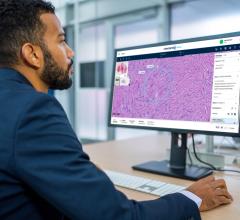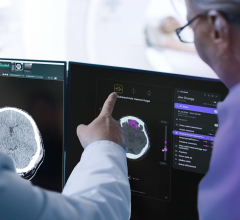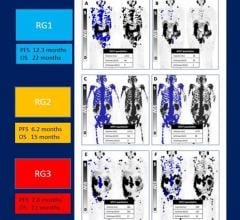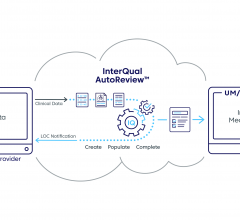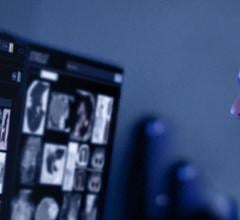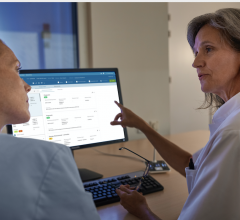
October 21, 2009 - GE Healthcare launched a new solution that puts clinical data and treatment practices in the hands of doctors and clinicians in real-time so that they can make informed decisions right at the point of care.
Developed with Intermountain Healthcare and drawing on its three decades of clinical informatics experience, this computerized decision support solution helps doctors focus on making treatment decisions based on best practices – thereby helping to improve patient outcomes and efficiency in the clinic, ultimately helping to reduce costs. The pilot launches at Intermountain in November and GE will unveil the full solution at the March meeting of the Healthcare Information Management and Systems Society (HIMSS).
Driven by technology that enables advanced decision support through collaborations with leading medical institutions, including Intermountain Healthcare and Mayo Clinic, the solution enables even the smallest and most remote healthcare organizations and clinicians to evaluate their current approach to patient care against constantly evolving clinical practice standards. The end result is that patients everywhere may benefit from current treatment options. Prior to this development, the flow of information from "bench to bedside" through traditional means of medical journal publication, continuing education classes and symposia, could take upwards of 17 years1.
"Using information technology and data to help clinicians and hospitals provide excellent and efficient care is a cornerstone of GE’s healthymagination initiative to help increase quality and access to healthcare while aiding cost reduction," said Vishal Wanchoo, president and CEO of GE Healthcare IT. "This decision support solution gives doctors the information they need at their finger tips, as they need it, to aid in making informed treatment decisions. Connecting them to proven, research-driven decision support can help improve patient care and save time and money."
This technology provides customers with the ability to evaluate patient care against quality measures such as those identified by the Centers for Medicare and Medicaid Services (CMS) for a variety of health conditions. Once these practices are made available within the system, they can be shared across the health system, enabling community hospitals access to the same evidence-based practices as the world’s largest institutions and academic medical centers.
This technology is designed to enable real-time clinical review by capturing vital data from electronic medical records for many patients within a hospital unit on a single screen that signals variation from accepted practice standards, which can cost hospitals and patients both time and money — and sometimes lives. The ability for clinicians to quickly recognize any early warning signs on a single, easy to read, user-friendly screen can help improve efficiency in a hospital, and speed diagnosis and treatment of patients.
[1] Balas & Boren, 2000.
For more information: www.gehealthcare.com

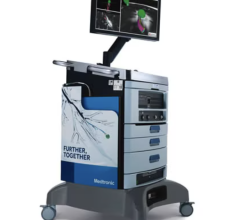
 May 22, 2024
May 22, 2024 

